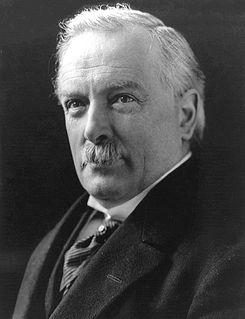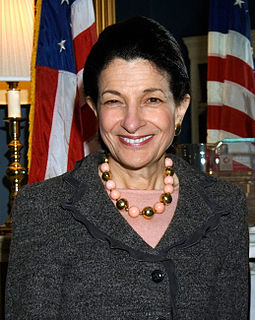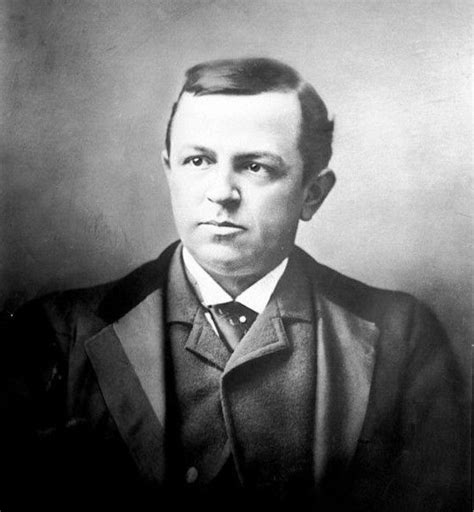A Quote by Llewellyn Rockwell
Democracy has turned out to be not majority rule but rule by well-organized and well-connected minority groups who steal from the majority.
Related Quotes
I call government that works the best for people open society, which is basically just another more general term for a democracy that is - you call it maybe a liberal democracy. It's not only majority rule but also respect for minorities and minority opinions and the rule of law. So it's really a sort of institutional democracy.
Majorities can be wrong, majorities can overrule rights of minorities. If majorities ruled, we could still have slavery. 80% of the population once enslaved 20% of the population. While run by majority rule that is ok. That is very flawed notion of what democracy is. Democracy has to take into account several things - proportionate requirements of people, not just needs of the majority, but also needs of the minority. Majority, especially in societies where the media manipulates public opinion, can be totally wrong and evil. People have to act according to conscience and not by majority vote.
The principle of majority rule is the mildest form in which the force of numbers can be exercised. It is a pacific substitute for civil war in which the opposing armies are counted and the victory is awarded to the larger before any blood is shed. Except in the sacred tests of democracy and in the incantations of the orators, we hardly take the trouble to pretend that the rule of the majority is not at bottom a rule of force.
In the South, prior to the Civil Rights movement and the 1964 Civil Rights Act, democracy was the rule. The majority of people were white, and the white majority had little or no respect for any rights which the black minority had relative to property, or even to their own lives. The majority - the mob and occasionally the lynch mob - ruled.
After all, the practical reason why, when the power is once in the hands of the people, a majority are permitted, and for a long period continue, to rule is not because they are most likely to be in the right, nor because this seems fairest to the minority, but because they are physically the strongest. But a government in which the majority rule in all cases cannot be based on justice, even as far as men understand it.
The Greeks... labored under the delusion that their democracy was a guarantee of peace and plenty, not realizing that unrestrained majority rule always destroys freedom, puts the minority at the mercy of the mob, and works at cross-purposes to the effective use of human energy and individual initiative.

































